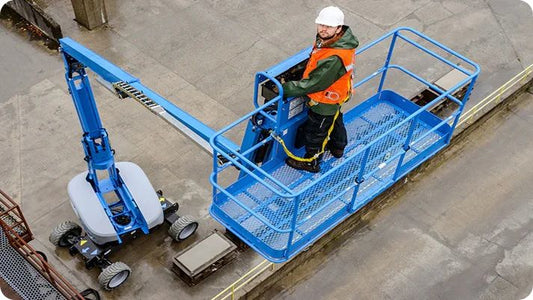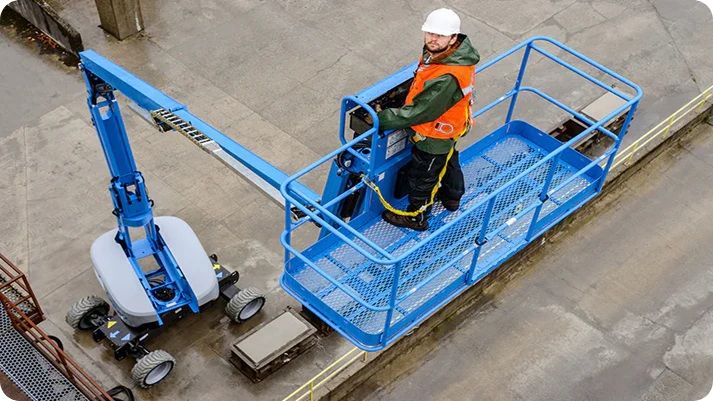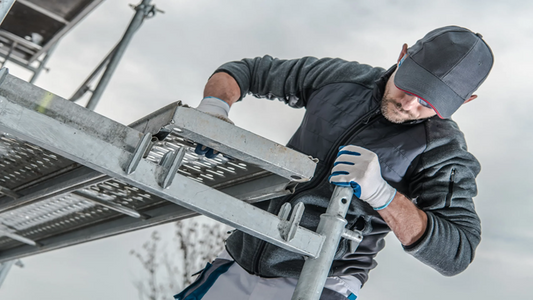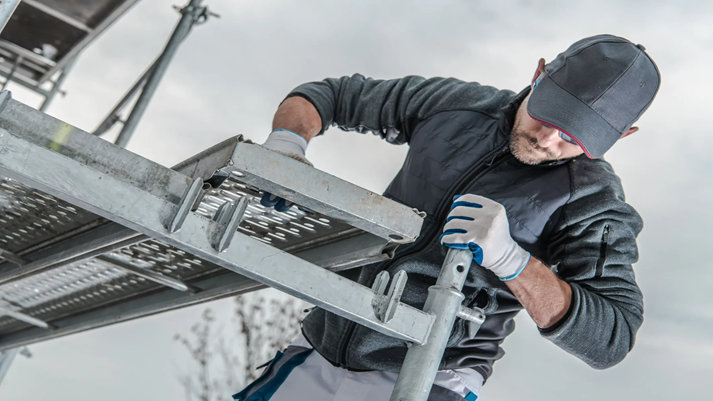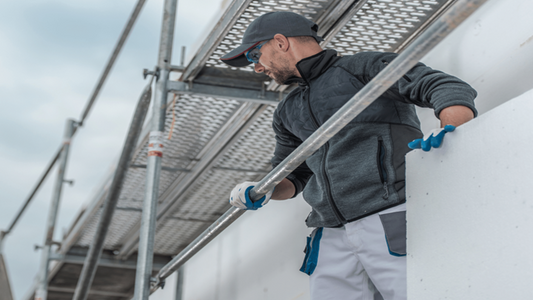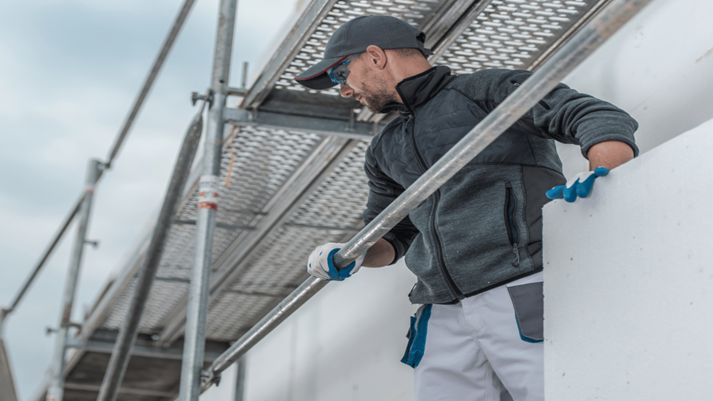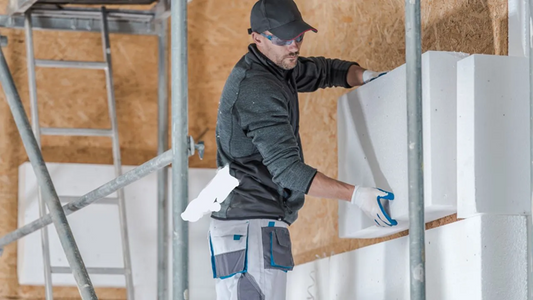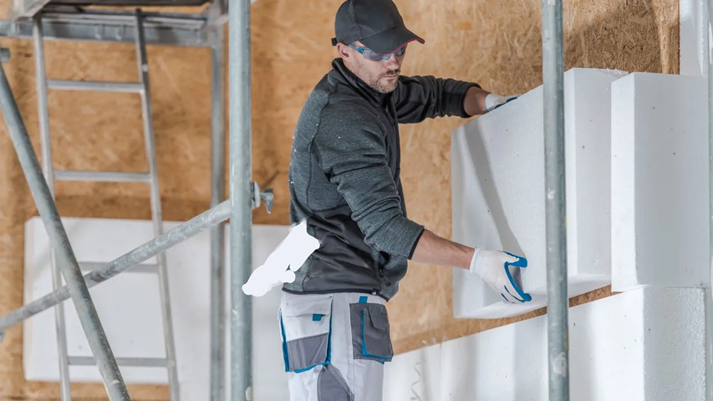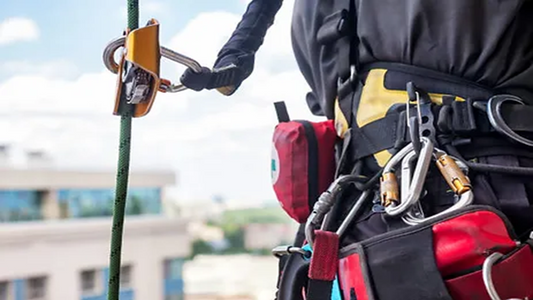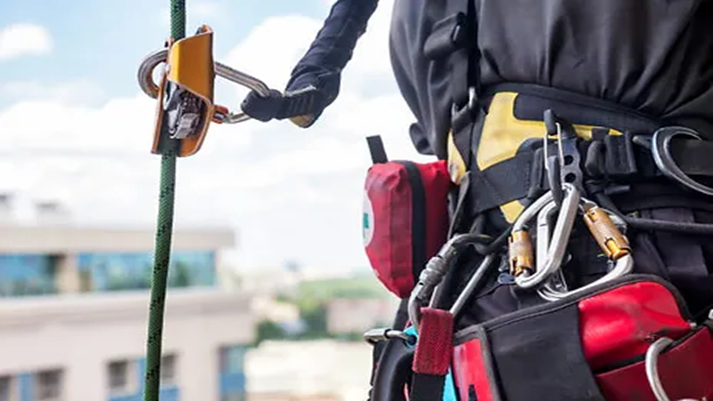Working on scaffolding over nine meters is not something to be taken lightly. The risk increases with height, which is why the regulations set clear requirements for training. Many people ask how much theory and practice is required to work safely at height. Here you will find the answer – based on current requirements.
Theoretical training: 36 hours
To be able to work on scaffolding over nine meters, you must first have completed a 36-hour theory course . The theory covers, among other things:
- Safety rules and applicable regulations
- Proper use of fall protection equipment
- Risk analysis and planning of work tasks
- Accident prevention
An online course like Scaffolding Fitter Course can cover the theory part, but the participant must also document at least 72 hours of practical training with at least three different types of scaffolding, as well as be employed for at least 6 months in a business that uses scaffolding.
Practical training: 72 hours with three different scaffolding types
After the theory, you must document at least 72 hours of practical training . Here are some important points:
- The training must take place on at least three different types of scaffolding.
- The participant learns to use scaffolding under different conditions, with a focus on safety and efficiency
- Guidance from an experienced instructor is necessary to ensure that the skills are mastered in real-world situations
This means you gain experience in practical scenarios, and not just theoretical knowledge.
Experience in business: at least 6 months
In addition to theory and practice, you are required to have been employed for at least 6 months at a company that uses scaffolding. This ensures that you gain experience in:
- Daily tasks with scaffolding
- Safety routines and workflow in real workplaces
- Interaction with colleagues and teams at height
Combination of theory, practice and experience
When the requirements are combined, you get:
- 36 hours of theory → understanding of safety, regulations and risk
- 72 hours of practical training → skills on various scaffolding types
- 6 months of experience → confidence in real work tasks
This combination ensures that the worker can perform tasks at height in a safe and competent manner.
Tips for planning your training
- Start with online theory courses to get a solid foundation of knowledge.
- Document all practical training carefully
- Make sure to gain experience on several types of scaffolding
- Participate in daily work under supervision in the business
- Reflect on your own experiences and learn continuously.
Natural progression to higher scaffolding
Many workers start with lower scaffolding before tackling scaffolding over nine meters. This provides confidence and mastery, and makes the transition to higher platforms safer.




